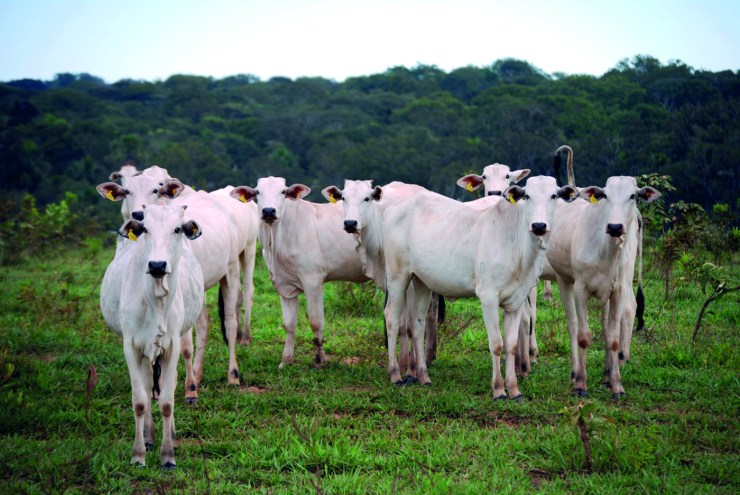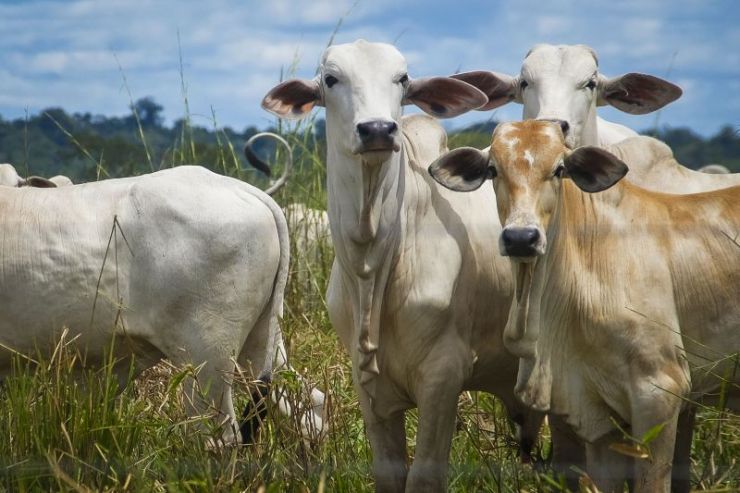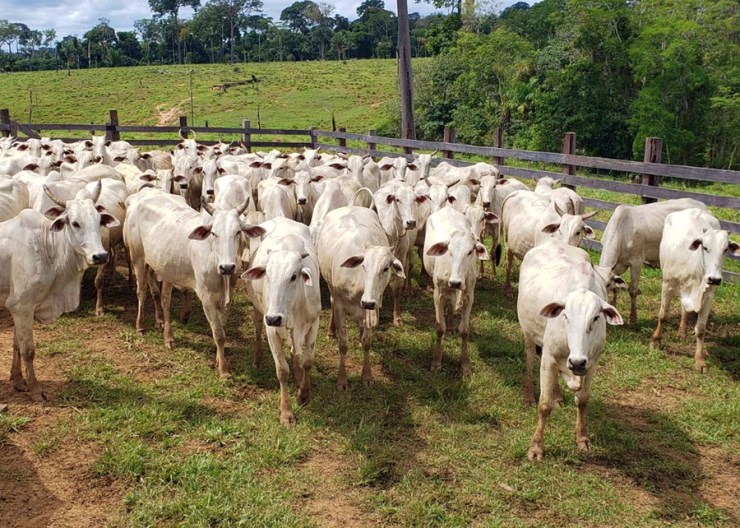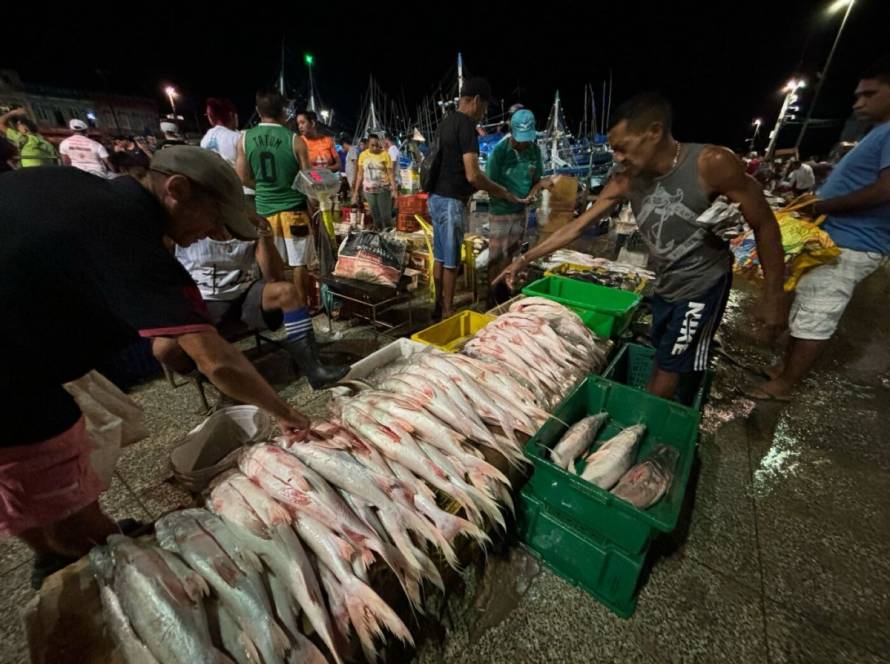The Ministry of Agriculture and Livestock (Mapa) continues to investigate samples collected from commercial farms in Ipumirim (SC) and Aguiarnópolis (TO), after initial results indicated low viral load or possible degradation of the genetic material, which prevented direct sequencing of the avian flu virus. The samples are now being subjected to a new laboratory process with inoculation into embryonated eggs, an internationally recommended method to amplify the viral material and allow for additional testing.
These procedures follow the standards defined by the World Organization for Animal Health (WHO) and have been routinely applied in Brazil. In the last 12 months, the same protocol was adopted in 33 suspected samples, among the more than 1,500 analyzed by the Federal Laboratory of Agricultural Defense in São Paulo (LFDA-SP), a national reference unit.
According to the most recent update on the official Avian Respiratory and Nervous Syndrome platform, from the Ministry of Agriculture, Livestock and Supply (MAPA), there are currently 12 active investigations into suspected cases of Highly Pathogenic Avian Influenza (H5N1) in the country. Of these, two involve commercial establishments – a chick farm in Santa Catarina and a slaughterhouse in Tocantins.
The other investigations are distributed among subsistence farming in the states of Rio Grande do Sul (Gaurama and Capela de Santana), Santa Catarina (Concórdia), Mato Grosso do Sul (Angélica), Ceará (Salitre) and Pará (Eldorado do Carajás). There are also three cases under analysis involving wild birds in the municipalities of Castelo (ES), Ilhéus (BA) and Icapuí (CE).
This type of monitoring is common in the national agricultural defense system, since reporting suspected cases is mandatory. Since the first case of the disease was confirmed in a wild bird in May 2023, Brazil has carried out more than 2,500 preventive investigations. To date, the country has recorded 168 confirmed cases of avian flu: 160 in wild birds, four in sea lions, three in domestic poultry, and only one in a commercial farm, recently recorded in Montenegro (RS), in the Metropolitan Region of Porto Alegre.
The Ministry of Agriculture emphasizes that all stages are being carried out with maximum priority, with technical rigor and in accordance with international protocols. Permanent surveillance and prompt response to notifications are pillars of the Brazilian strategy to maintain control of the disease and protect the national poultry industry, one of the most important sectors of Brazilian agribusiness.




